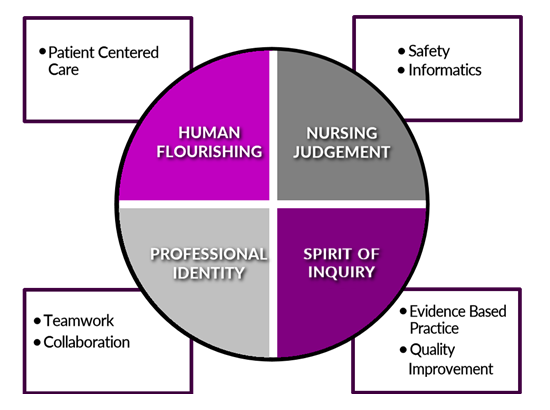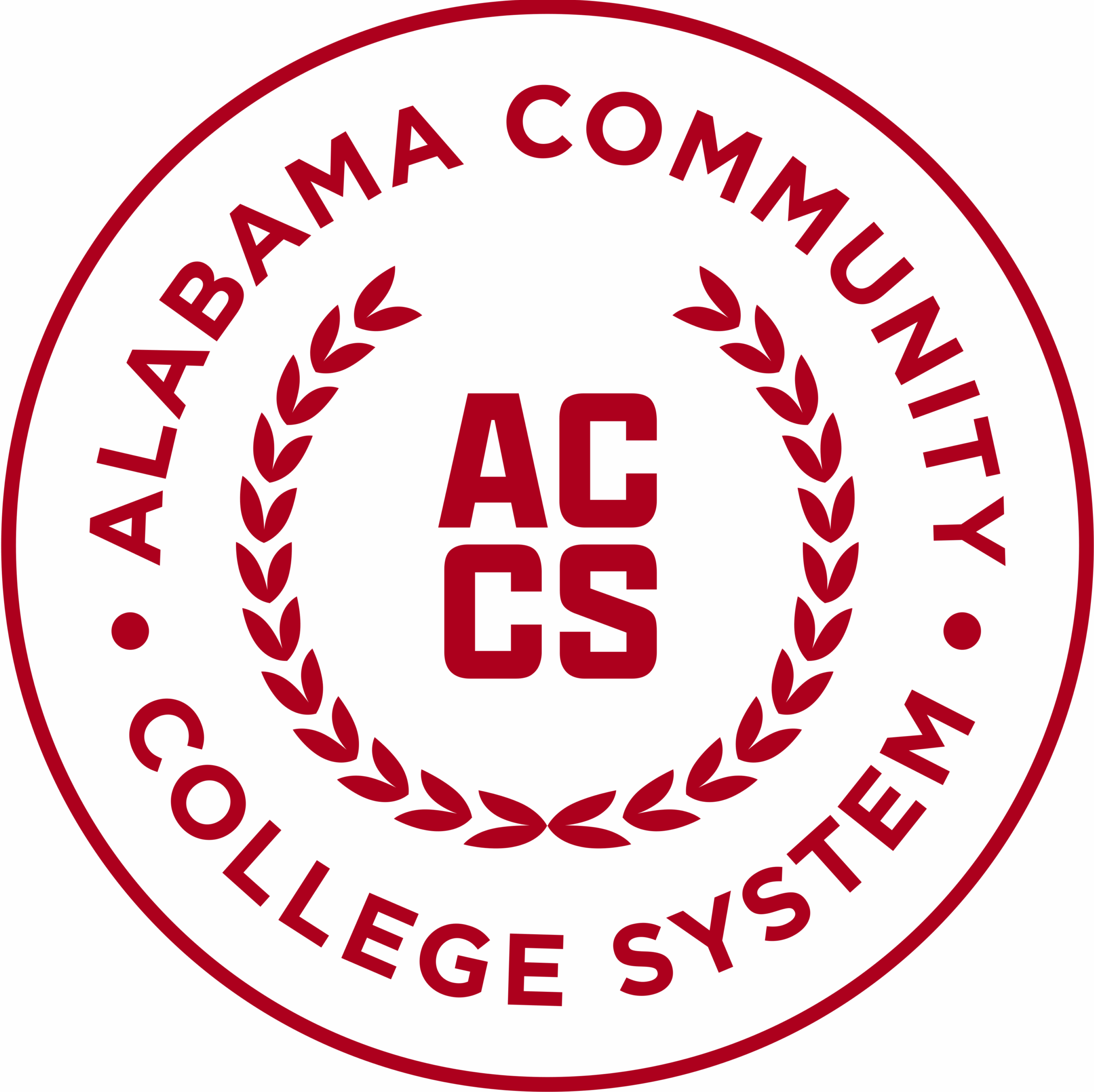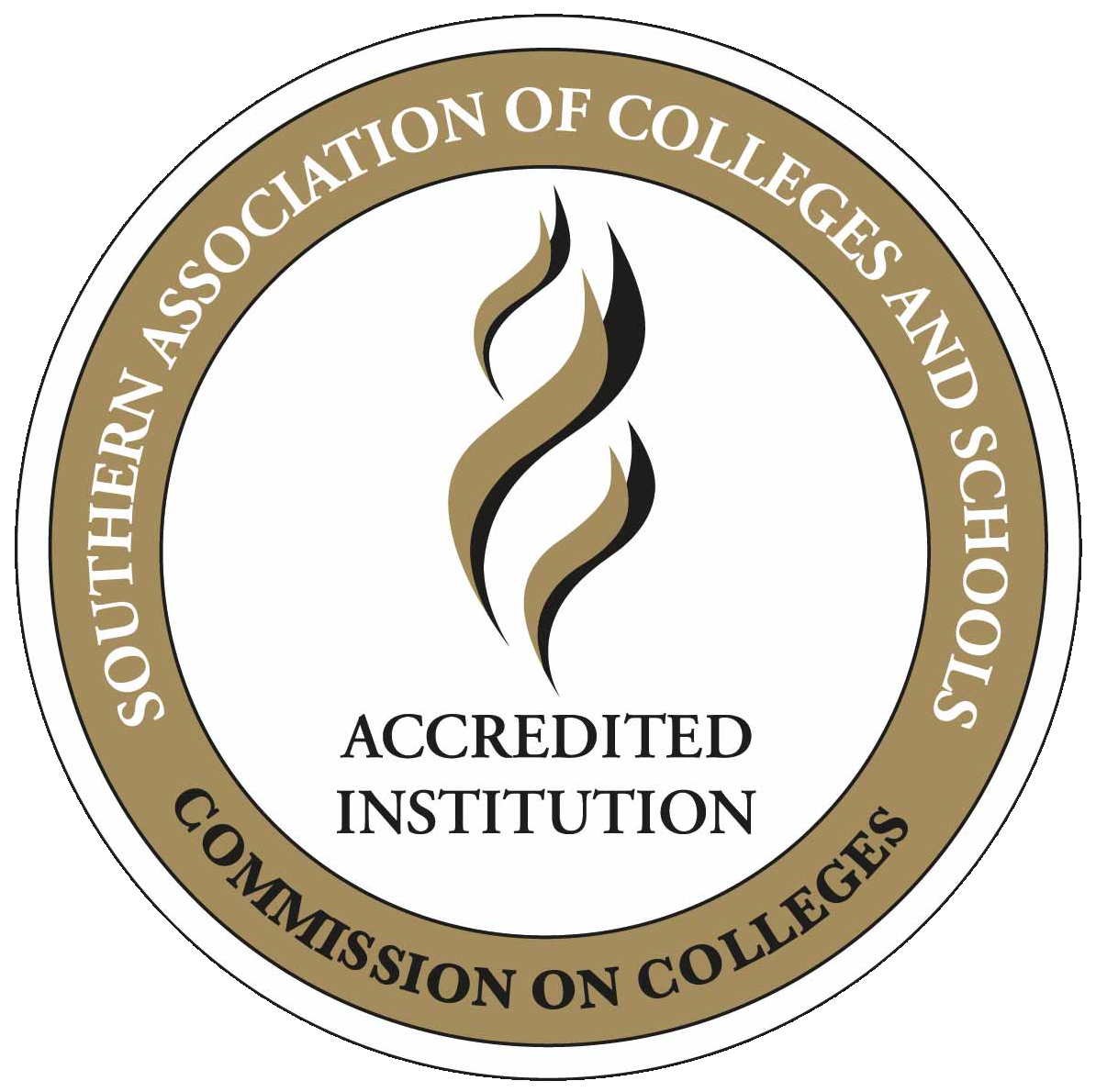The Associate Degree Nursing Education Program admitted its first students in September 1965 and in August 1967 graduated the first Associate Degree nursing graduates in the state. The program received initial accreditation by the National League for Nursing in December 1967 and has maintained that status throughout the ensuing years. The program is approved by the Alabama Board of Nursing and accredited by the Accreditation Commission for Education in Nursing, Inc. (ACEN), formerly NLNAC (National League for Nursing Accrediting Commission, Inc.), 3390 Peachtree Road NE, Suite 1400, Atlanta, GA 30326; (404) 975-5000.
JSCC Nursing Mission Statement
The mission of the nursing programs of the Alabama Community College System is to prepare graduates to practice safe, competent, patient-centered care in an increasingly complex and rapidly changing health care system. We seek to provide full and equal access to opportunities for education success to meet the community needs.
Nursing Philosophy
We believe that nursing is a dynamic profession, blending science with the use of evidence based practice and clinical reasoning and the art of caring and compassion to provide quality, patient-centered care.
We believe learning is an interactive process in which faculty and students share responsibility to meet program outcomes. We believe in using educational methods that are current and supportive of students in the teaching and learning environment, with the presentation of information from simple to complex.
Nursing is guided by standards of practice and standards of professional performance. Standards reflect the values and priorities of the nursing profession. Therefore, we have integrated competencies from the Quality and Safety Education for Nurses (QSEN) and National League of Nursing (NLN) into our philosophy as part of our core values.
End of Program Student Learning Outcomes (EPSLOs)
NLN competencies for nursing are central to the conceptual framework. The related QSEN competencies for graduate nurses define the knowledge, skills, and attitudes that the graduate nurse should possess to continuously improve the quality and safety of the healthcare systems within which they work. (QSEN)
Registered Nursing End of Program Student Learning Outcomes (EPSLOs)
- Human Flourishing – Advocate for patients and families in ways that promote their self-determination, integrity, and ongoing growth as human beings. (NLN def)
-
- Patient-Centered Care – Recognize the patient or designee as the source of control and full partner in providing compassionate and coordinated care based on respect for patient’s preferences, values and needs. (QSEN)
- Nursing Judgement – Make judgements in practice, substantiated with evidence, that integrate nursing science in the provision of safe, quality care and that promote the health of patient within the family and community context. (NLN def)
-
- Safety – Minimizes risk of harm to patients and providers through both system effectiveness and individual performance. (QSEN def)
-
- Informatics – Use information and technology to communicate, manage knowledge, mitigate error, and support decision making. (QSEN def)
- Professional Identity – Implement one’s role as a nurse in ways that reflect integrity, responsibility, ethical practices, and an evolving identity as a nurse committed to evidence-based practice, caring, advocacy, and safe, quality care for diverse patients within a family and community context. (NLN def)
-
- Teamwork and Collaboration – Function effectively within nursing and inter-professional teams, fostering open communication, mutual respect, and shared decision-making to achieve quality patient care. (QSEN def)
- Spirit of Inquiry – Examine the evidence that underlies clinical nursing practice to challenge the status quo, questions underlying assumptions, and offer new insights to improve the quality of care for patients, families, and communities. (NLN def)
-
- Evidence-based practice – Integrate best current evidence with clinical expertise and patient/family preferences and values for delivery of optimal health care. (QSEN def)
-
- Quality Improvement – Use data to monitor the outcomes of care processes and use improvement methods to design and test changes to continuously improve the quality and safety of health care systems. (QSEN def)
Practical Nursing End of Program Student Learning Outcomes (EPSLOs)
- Human Flourishing – Promote the human dignity, integrity, self-determination, and personal growth of patients, oneself, and members of the health care team {NLN, 2010).
-
- Patient-Centered Care – Advocate for the patient and family in the provision of compassionate and coordinated care to support the health, safety, and well-being of patients and families (OSEN, 2012).
- Nursing Judgement – Provide a rationale for judgments used in the provision of safe, quality care and for decisions that promote the health of patients within a family context (NLN, 2010).
-
- Informatics – Incorporate information and technology within own scope of practice to support safe processes of care (QSEN, 2012).
-
- Safety – Demonstrate the effective use of strategies to reduce risk of harm to self or others (OSEN, 2012).
- Professional identity – Demonstrate awareness of good practice, boundaries of practice, and professional identity formation including knowledge and attitudes derived from self-understanding and empathy, ethical questions and choices that are gleaned from a situation, awareness of patient needs, and other contextual knowing (NLN, 2014).
-
- Teamwork and Collaboration – Function competently within own scope of practice as a member of the health care team (OSEN, 2012).
- Spirit of Inquiry – By collaborating with healthcare team members, utilize evidence, tradition, and patient preferences in predictable patient care situations to promote optimal health status (NLN, 2014).
-
- Quality Improvement – Utilize various sources of information to review outcomes of care identifying potential areas for improvement of the quality and safety of care (QSEN, 2012).
-
- Evidence-Based Practice – Implement evidence-based practice in the provision of individualized health care (QSEN, 2012).
Conceptual Framework
The conceptual framework derived from the philosophy forms a basis for the organization and structure of the nursing curriculum. This framework serves as a guide for nursing instruction in the attainment of student learning outcomes.
The framework consists of concepts that encompass the qualities of a successful graduate nurse. NLN competencies were chosen because they specifically define the competencies of the graduate Associate Degree Nurse. QSEN competencies reflect current contemporary practice. Concepts interlace NLN and QSEN competencies to achieve the goal of providing graduate nurses with the tools needed to provide holistic care in an ever-changing health care delivery system. Each competency includes knowledge, skills, and attitudes to serve as a basis for consistent performance expectations across academic and practice settings.
Accreditation Status
The Associate nursing program at Jefferson State Community College at the Jefferson, Shelby, Chilton, and St. Clair campuses located in Birmingham, Hoover, Clanton and Pell City, Alabama, respectively is accredited by the
Accreditation Commission for Education in Nursing, Inc. (ACEN)
3390 Peachtree Road, NE
Suite 1400
Atlanta, GA 30326
(404) 975-5000
www.acenursing.org
The most recent accreditation decision made by the ACEN Board of commissioners for the Associate nursing program is Continuing Accreditation.
View the public information disclosed by the ACEN regarding this program by clicking here.




